Our Mission
We monitor infectious diseases through municipal wastewater systems to inform public health responses at a local, regional, and national level. Our goal is to show that a national wastewater monitoring system is a valuable part of our public health infrastructure, can inform public health responses, and will help us prepare for future pandemics.
WastewaterSCAN is based at Stanford University, in partnership with Emory University, and funded through philanthropy. Verily is our lab partner. We are committed to transparency, scientific rigor, and open science. We make our methods public and publish our research in scholarly journals to subject them to peer review.
Our Mission
We monitor infectious diseases through municipal wastewater systems to inform public health responses at a local, regional, and national level. Our goal is to show that a national wastewater monitoring system is a valuable part of our public health infrastructure, can inform public health responses, and will help us prepare for future pandemics.
WastewaterSCAN is based at Stanford University, in partnership with Emory University, and funded through philanthropy. Verily is our lab partner. We are committed to transparency, scientific rigor, and open science. We make our methods public and publish our research in scholarly journals to subject them to peer review.
Methods
Methods
Wastewater-based epidemiology has been used by public health for decades, but in a limited way. In spring 2020, as the COVID-19 pandemic emerged, scientists at Stanford University had a question: Can we measure the virus that causes COVID in wastewater? The answer — yes — led to WastewaterSCAN.
We developed an innovative testing method using wastewater solids that was put into practice at eight wastewater treatment plants in November 2020. Since then, the program has expanded to nearly 150 sites across the country and uses this method to rapidly detect more than a dozen infectious diseases.
Anonymous
Community-Level, Not Individual
Wastewater monitoring generates community-wide data on seasonal and emerging infectious diseases. It does not identify individuals or households.
Inclusive
Serving All Using a Sewer System
Instead of collecting disease information for just a portion of the population, wastewater monitoring enables communities to gather disease information from the entire community that uses the sewer system.
Efficient
Acts as an Early Warning System
Wastewater monitoring can provide information about disease presence quickly, often before people may feel sick or are able to seek clinical testing, and before those test results are aggregated from multiple labs.
Nimble
Tiny Sample, Outsized Impact
With wastewater monitoring, a tiny sample can provide information about many diseases. Our tools can be adapted quickly and easily to test for new diseases when compared to deploying clinical testing across a community.
Our Impact
WastewaterSCAN has advanced the science of wastewater-based epidemiology and simultaneously applied those insights by building a nationwide wastewater monitoring network. We’re demonstrating how public health agencies can use wastewater data effectively to track infectious diseases and better protect public health.
WastewaterSCAN is also investing in training, educating, and empowering communities across the country on how to collect and use local wastewater data effectively. We’re also sharing our methods and data with the CDC National Wastewater Surveillance System (NWSS) program on an ongoing basis. We’ve worked with them to add new diseases to NWSS and expand the information it can include.
How It Works
Our Team
Principal Investigator Alexandria Boehm of Stanford University and Co-Principal Investigator Marlene Wolfe of Emory University serve as program directors for WastewaterSCAN and work closely with Verily, the program’s lab partner since its inception.
Alexandria Boehm, PhD
Stanford University

Marlene Wolfe, PhD
Emory University
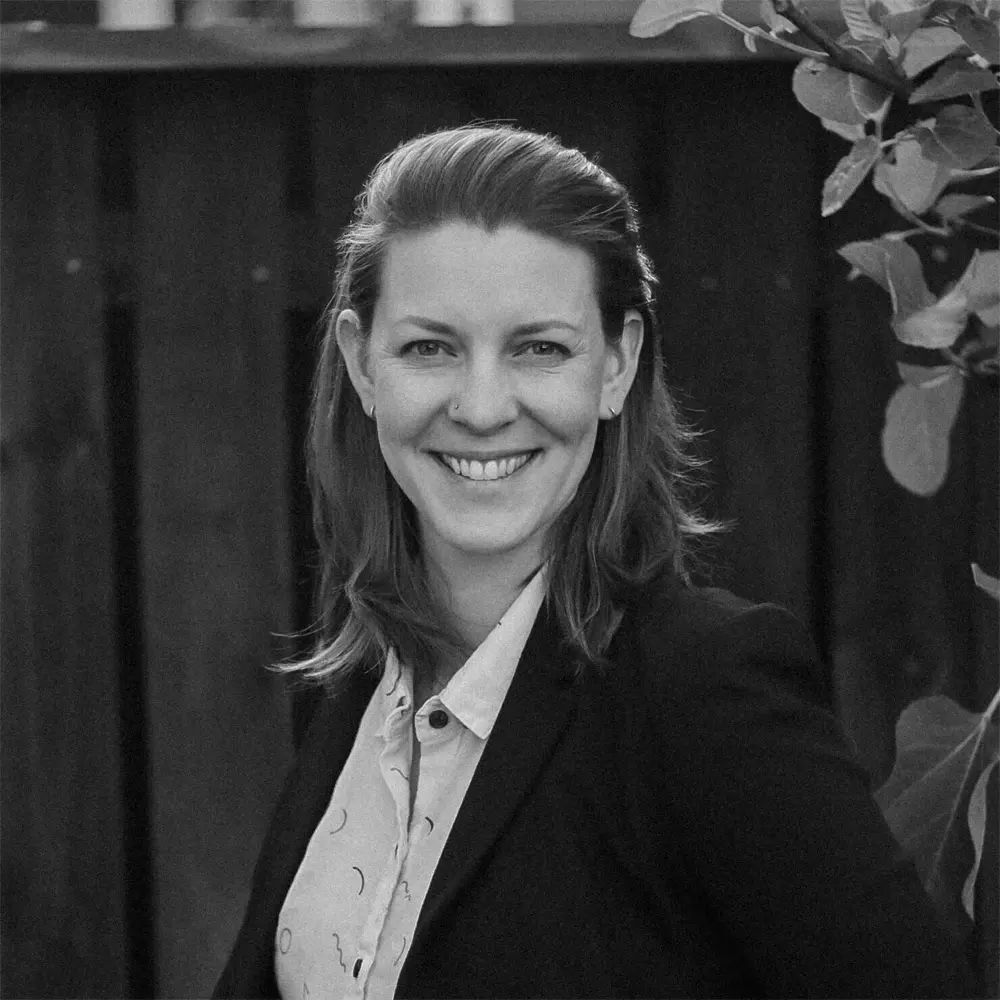
Our Team
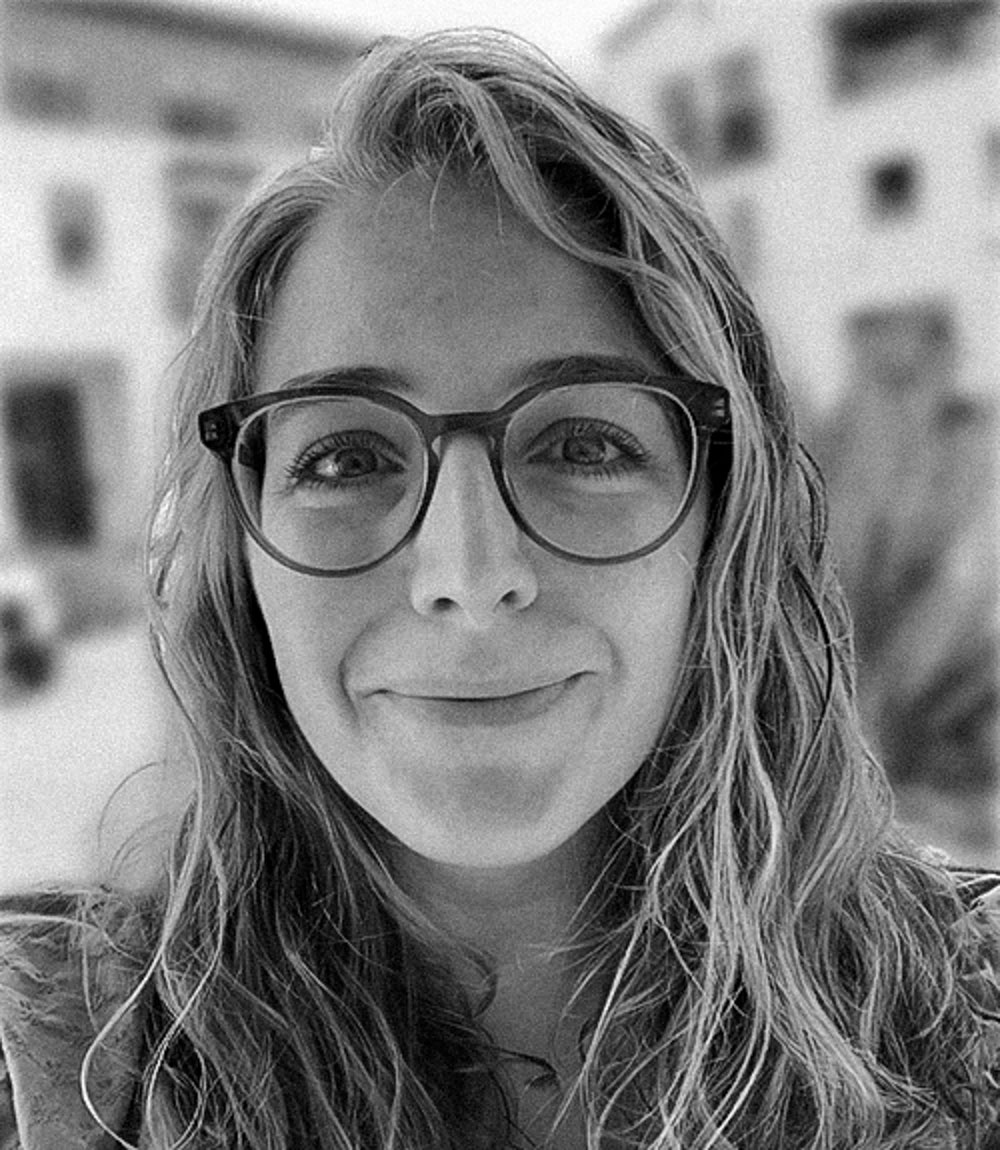
Amanda Bidwell
Scientific Program Manager
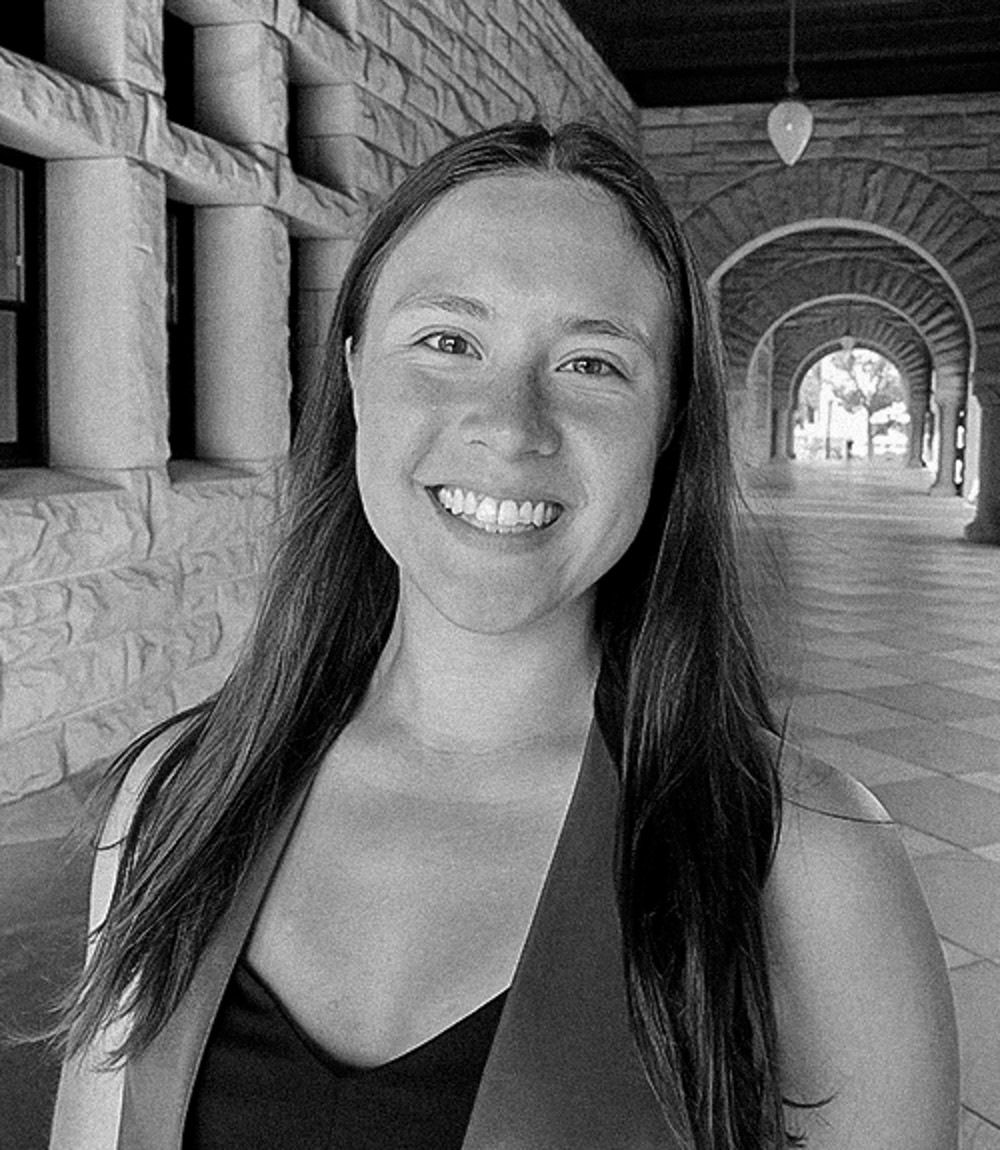
Elana Chan
PhD Candidate
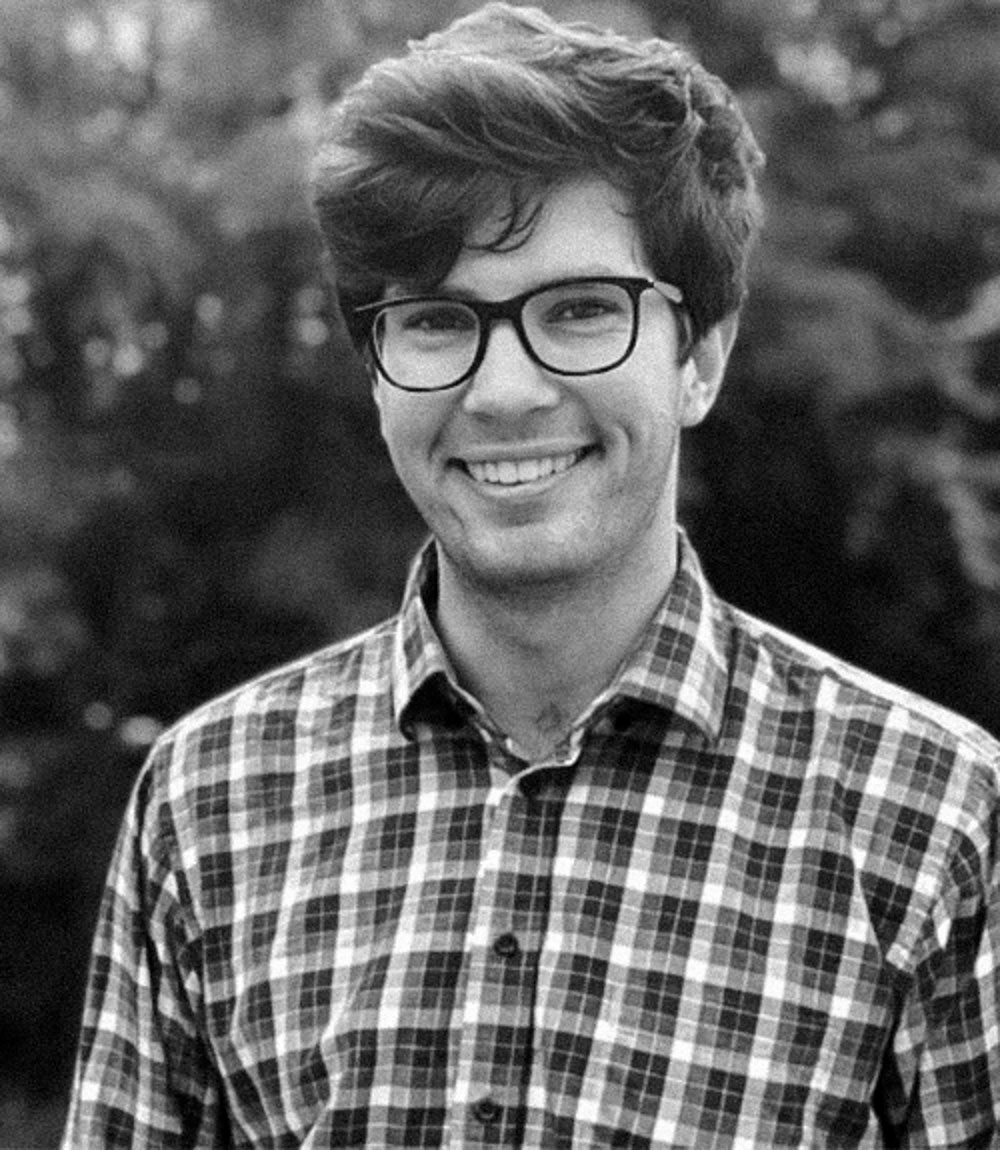
Stephen Hilton
Information Analyst

Kyler Moore
Public Health Program Associate

Hemali Oza
Postdoctoral Fellow
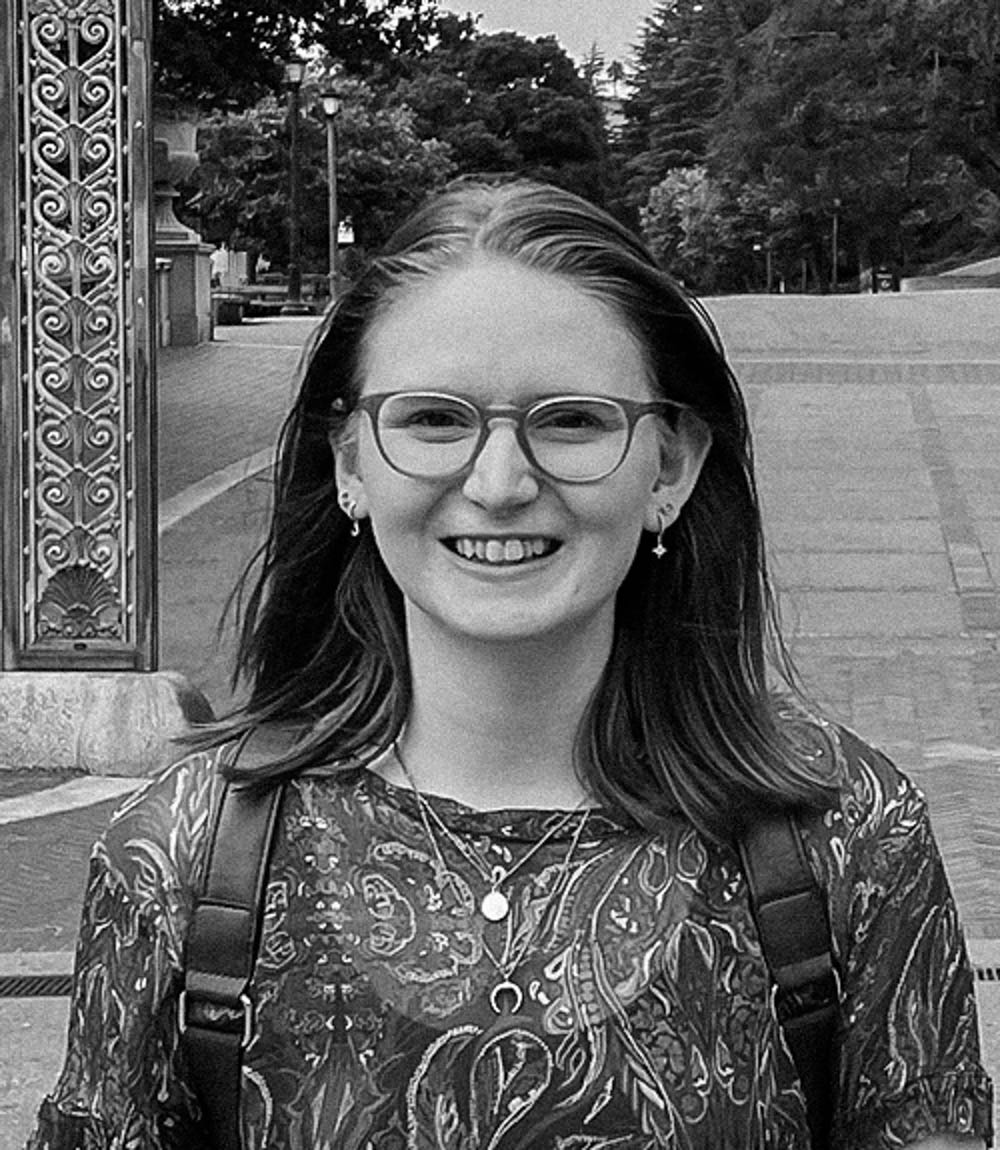
Abby Paulos
Postdoctoral Fellow
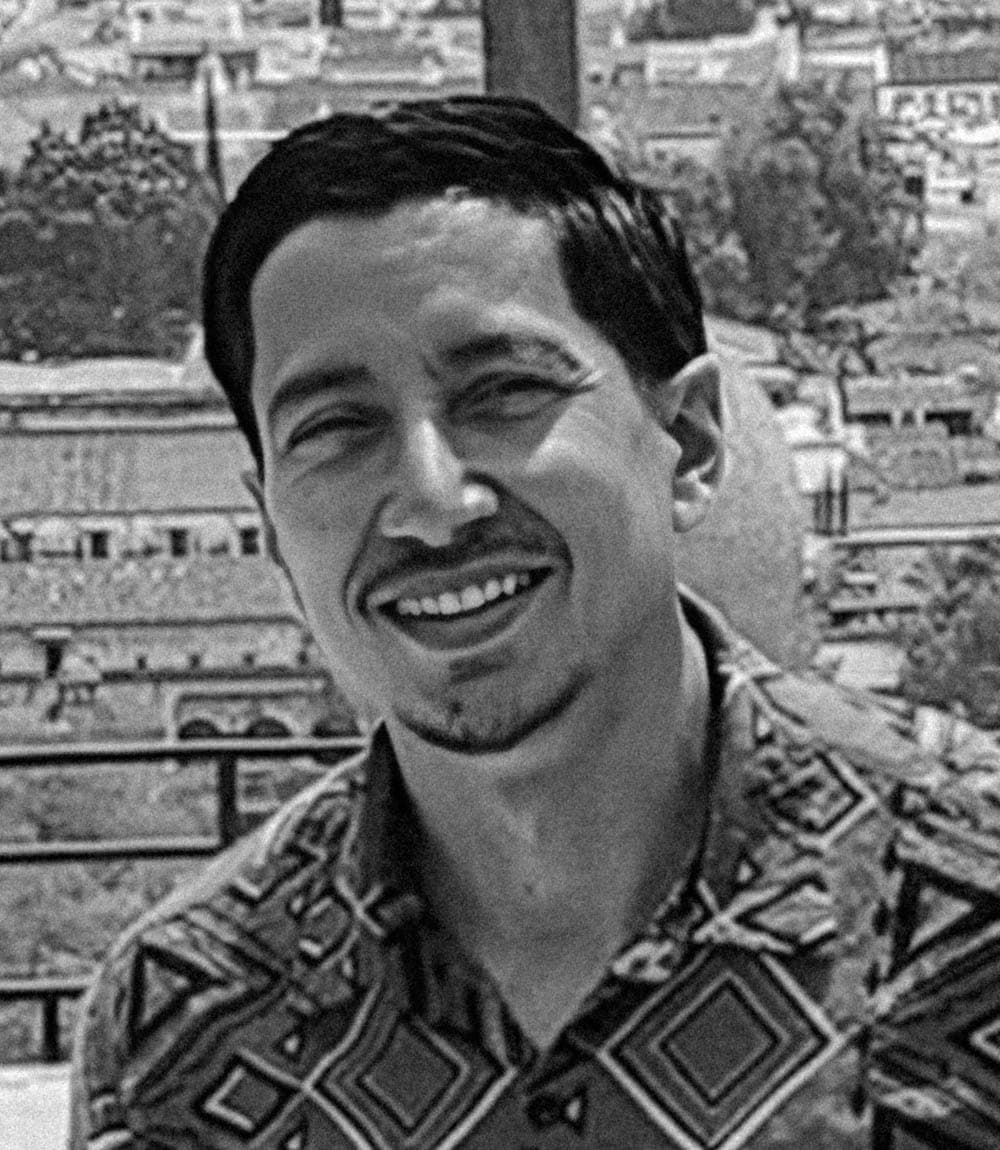
Orlando Sablon III
Laboratory Specialist
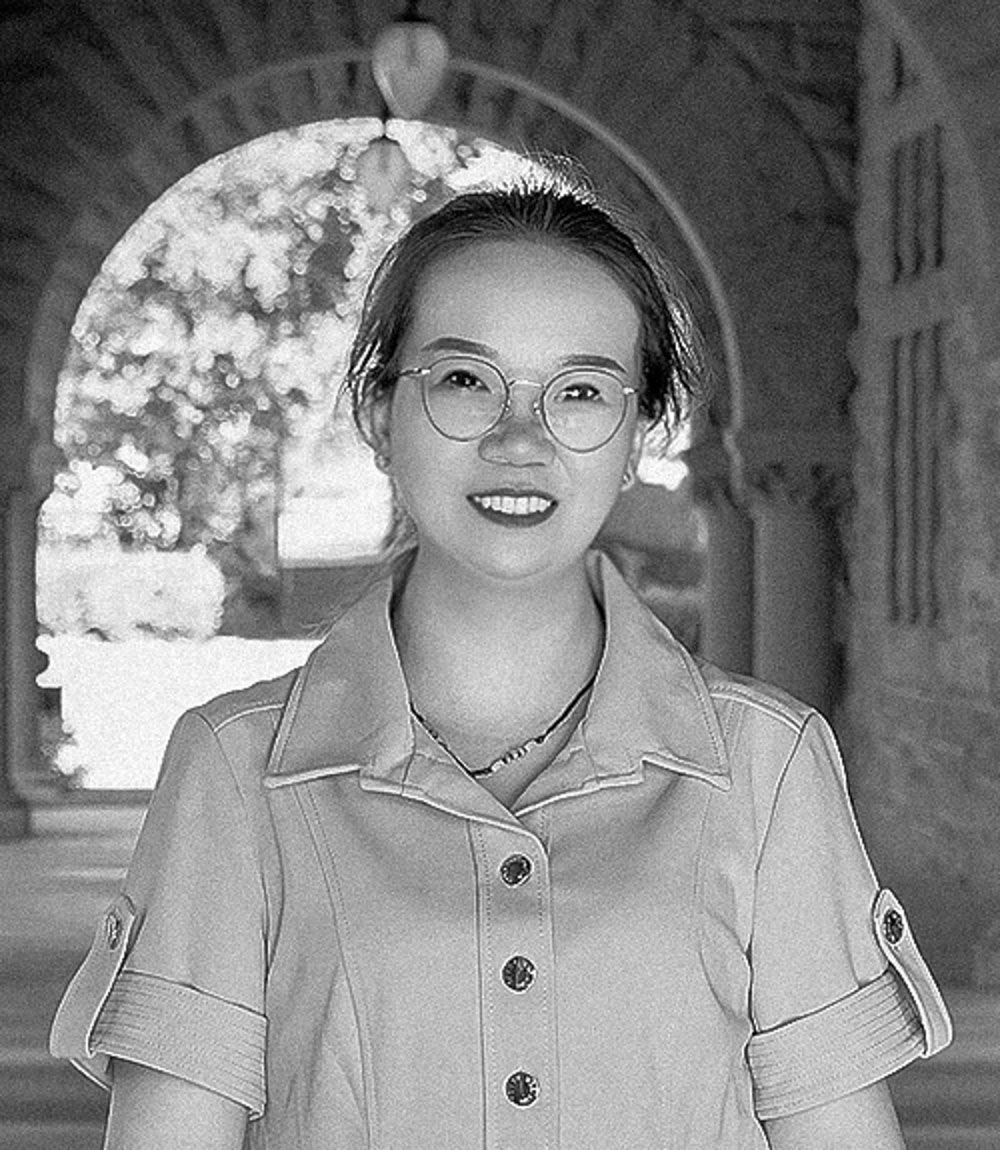
Mengyang Zhang
Postdoctoral Fellow

Alessandro Zulli
Postdoctoral Fellow



